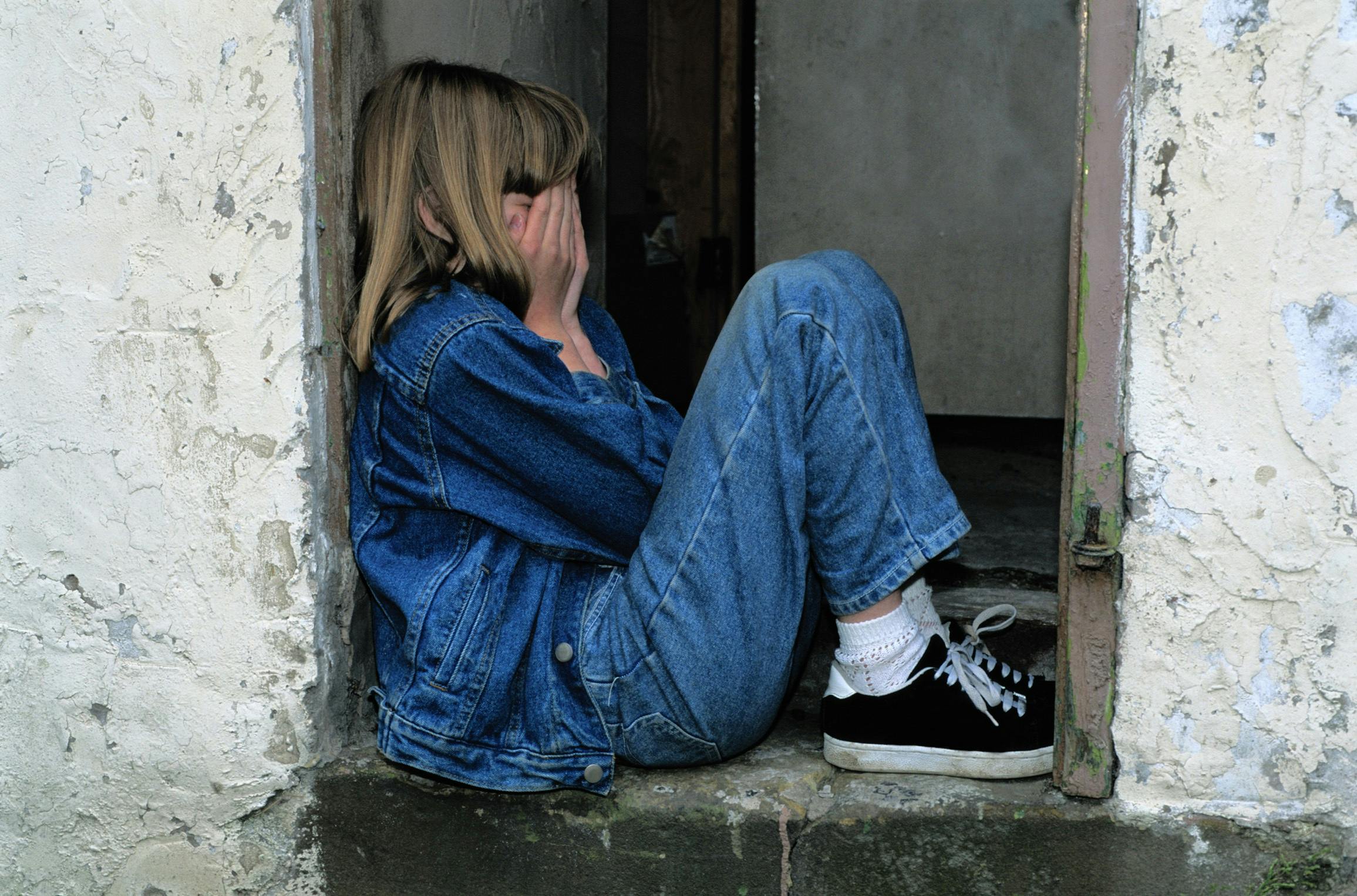Is your child being bullied?

Name calling, pushing and emotional games have long been a part of high school life. Sometimes it’s easy to see that to identify that your child is being bullied, but often the signs aren’t so clear. With fewer teens reporting bullying, how do you know if your child is being victimised in their school?
The Australian Human Rights Commission defines bullying as an act where people are “repeatedly and intentionally use words or actions against someone… to cause distress and risk to their wellbeing.” It involves the misuse of power, is ongoing, and can cause physical as well as mental harm. So if you think your child is being bullied, we have put together some potential signs that can help you to identify this.
- Unexplained bumps or bruises- Ask for clear descriptions of how they get these new ‘bumps,’ sometimes ‘messing around’ can be more than it seems.
- Missing or broken possessions- Bullying can often involve your child’s glasses being broken, school books being taken and so forth. So if they are constantly missing school items it is worth investigating.
- Poor academic performance- A drop in grades is a tell-tale sign that something is wrong in the school environment. There may be something that he doesn’t want to share with you as their parents.
- Silent treatment- Children, especially teens, who are being bullied often experience a lot of guilt and shame that they have become the victim of abuse. So if your once chatty teen is a victim, they may start withdrawing from family conversation and activities.
- Decreased self esteem – As previously mentioned, bullying can trigger feelings of self-guilt and shame that can ultimately lower a child’s self-confidence as well as social confidence. These negative effects can often be reflected in a decrease in your child’s social activities, such as going out to see their friends.
- Sudden aggressive behaviour – while others respond to bullying by becoming more quiet, others can react quite differently by becoming more aggressive in school and at home as a form of defence.
- Social media activity – with social media being the main form of communication for younger generations, your child may be more vulnerable to bullying with other children who are more inclined to say or do harmful things as they are hiding behind a computer screen. It may be best to monitor your child’s social media activities, to identify signs on whether he or she is being victimised online.
Bullying is a sensitive topic for all families, and it is often extremely difficult for parents to determine whether their child is being bullied or their change in behaviour can be attributed to something else. While the potential signs listed above can offer great assistance in finding out whether your child is being bullied, it is highly important to always talk to your children and let them know that they can confide in you about their experiences at school, good or bad.
About Edstart
Edstart is a leading technology and financial services company providing funding and payment services for education. We offer fee management solutions to schools and flexible payment plans to parents to help make school fees easier to manage.
To see how we can help you, visit our main website.
Find out more
Edstart is a leading technology and financial services company providing funding and payment services for education. We offer fee management solutions to schools and flexible payment plans to parents to help make school fees easier to manage.
To see how we can help you, visit our main website.
Find out more
